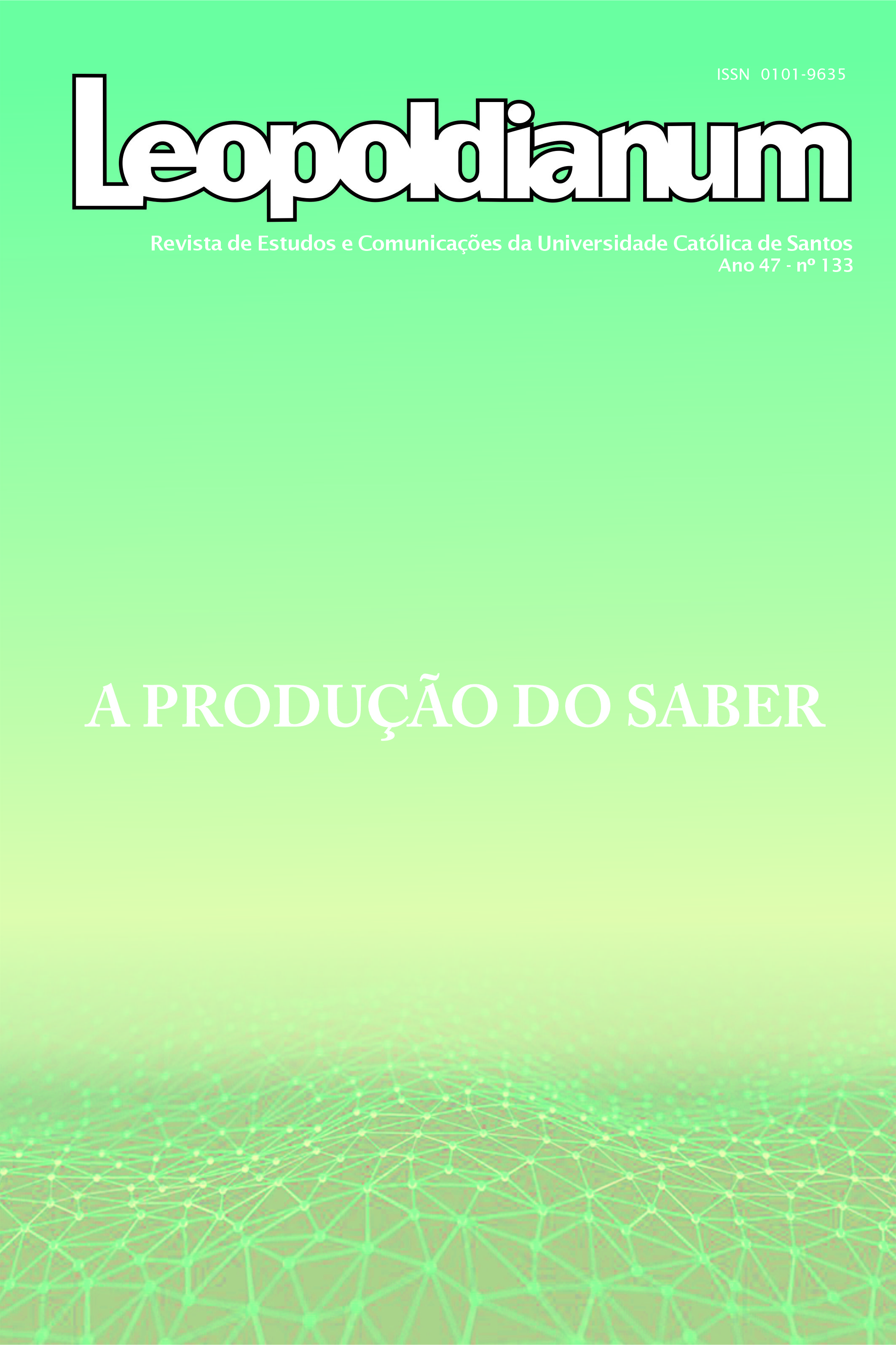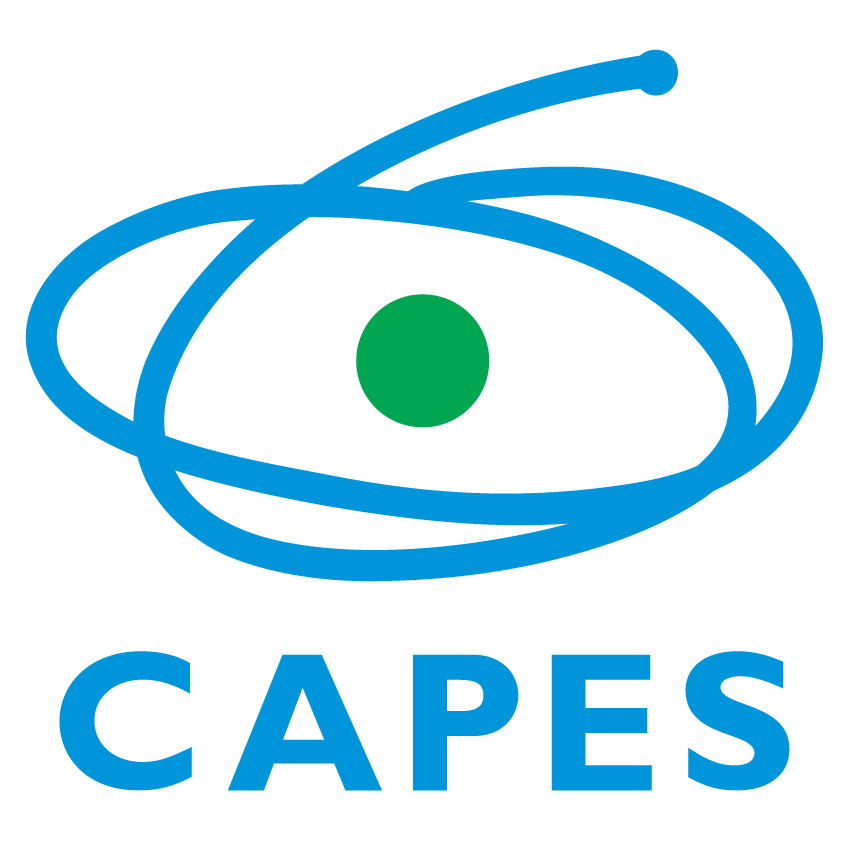TESTANDO OS FUNDAMENTOS DA TEORIA RELATIVIDADE GERAL: UM EXPERIMENTO NO IPECI – UNISANTOS
DOI:
https://doi.org/10.58422/releo2021.e1229Abstract
A scientist who is familiar with other physical theories in which the symbols one deals with
are endowed with a direct experimental meaning must provide himself with great care and
patience in studying general relativity. At the logical beginning of the theory of relativity
we find instead only two elementary concepts: the idea of space-time coincidences (events)
and the proper time; this is all there is in our equipment for the long journey to a complete
understanding of gravitation. Every other physical quantity—distance, angle, energy, etc.—has
only a secondary meaning and must be constructed, if possible, from the two fundamental
concepts; hence, a full theory of measurements is needed. The principle of equivalence
has historically played an important role in the development of gravitation theory. Newton
regarded this principle as such a cornerstone of Mechanics that he devoted the opening
paragraph of the Principia [ Newton, 2002] to it, stating in Definition I: this quantity that I
mean hereafter everywhere under the name of... mass ... is known by the weight . for it is proportional to
the weight, as I have found by experiments on pendulums, very accurately made .... In 1907, Einstein
used the principle as a basic element of General Relativity.
In 2014 This project proposed to a IC students team involving this classic experimental
test of Einstein’s Theory of General Relativity, known as the Galileo Experiment for the
Principle of Weak Equivalence and had the purpose of determining the Eötvos coefficient, a relevant experimental parameter in determination of variations in the ratio between inertial
mass and gravitational mass, a foundation not of Newtonian gravity or General Relativity,
but of the broader idea that spacetime is curved.
Downloads
Published
Versions
- 2023-05-15 (2)
- 2021-12-06 (1)
Issue
Section
License
A Revista Eletrônica Leopoldianum - Revista de Estudos e Comunicações da Universidade Católica de Santos (ISSN: 2965-9566) é detentora dos direitos autorais de todos os artigos publicados por ela. A reprodução total dos textos em outras publicações, ou para qualquer outro fim, por quaisquer meios, requer autorização por escrito do editor. Reproduções parciais de artigos (resumo, abstract, mais de 500 palavras de texto, tabelas, figuras e outras ilustrações) deverão ter permissão por escrito do editor e dos autores.












